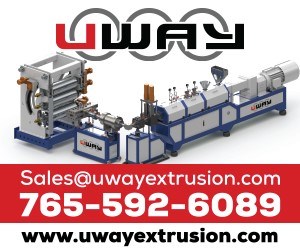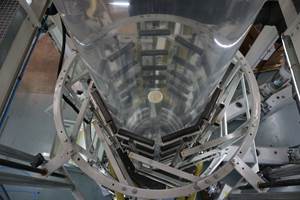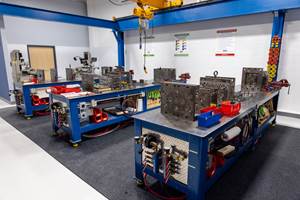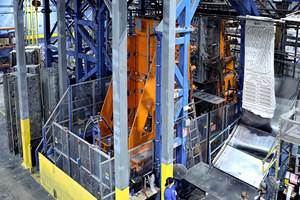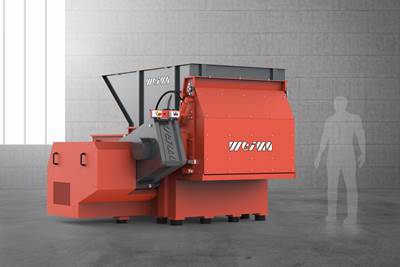Balancing My Personal Chaos Often Makes Me Late for Work
Time is viewed differently when an employee lives in daily instability and doesn’t have enough resources to make it through the day.

I know I’m late but it’s only 10 minutes and I can stay over if you want. I got kids, you know. My sorry excuse for a babysitter, she’s lucky she’s fam, or she’d be fired. She’s always standing me up, making me late. I figured you would understand.
When an employee lives in daily instability and doesn’t have enough resources to make it through the day, time is viewed differently. In an environment of instability, decisions are based on relationships, survival, and entertainment. Thus, time is given to relationships.
A great deal of an employee’s time is spent solving problems, making personal phone calls, dealing with life issues, and just surviving the day. The electricity was turned off due to nonpayment. I wonder if our neighbor will let us use her extension cord again. I’m not sure where dinner will come from tonight. The employee is thinking about not letting her kids go to bed hungry.
In daily instability, people give up work for these immediate needs and relationships that support them outside the workplace. It is just a job, not a career. I can find another job that pays similar. Time is given to the demands of the moment, the value of entertainment, or the need for survival. When an employee lives in daily instability, time is measured emotionally; did that meeting feel like it was an hour long?
When an employee lives in daily stability and has enough resources for today and the short-term future, they make their decisions against achievement and work. An employee with an achievement mindset knows the value that businesses place on timeliness. Businesses depend on employees being on time so shifts are covered, phones are answered, the production line keeps moving, and the front office is operating well. In stability, time is allocated to tasks and is measured abstractly, in minutes, hours, days, and weeks.
To survive in daily instability, one must rely upon nonverbal, sensory, and reactive skills. To survive at work, one must use verbal, abstract, and proactive skills. Society and the workplace have normalized to stability and planning. Many entry-level employees who are living in daily instability are not thinking about abstract, proactive skills.
Businesses operate from a mindset of stability. The expectation of an employer is that employees will be at work and ready to work on time. Managers who know that employees live in the tyranny of the moment, try to make ends meet every day, and operate with different hidden rules (the unspoken cues and habits of a group) have the opportunity to mentor, provide time management training, and figure out the cause of tardiness and see what workarounds exist. By doing so, managers can stabilize a business while also making their employees more successful.
To learn more about stabilizing your entry-level workforce, check out the book Workplace Stability: Creating Conditions That Lead to Retention, Productivity, and Engagement in Entry-Level Workers.
About the Author: Ruth K. Weirich, MBA is an author, trainer, and management professional experienced in business operations efficiency and profitability. She is also a past president of aha! Process, an education and training company specializing in economic class issues. Contact: rkweirich@ahaprocess.com; ahaprocess.com.
Related Content
The Cost of High Employee Turnover in Injection Molding: Why Retention Matters
Starting in molding in 1993 and clocking in for nearly every job on the floor over the intervening decades, I’ve seen all sides of the hiring, training and retention process in the industry. Here are my thoughts on how to keep your most important asset — your people.
Read MoreTAPPI to Provide Film Education Program at PTXPO 2023
Second-ever PTXPO will feature a robust education program on flexible film, with more technical programming in the works.
Read MoreAmerican Injection Molding Institute Opens Mold Maintenance Classroom
The Beaumont subsidiary has opened the Mold Maintenance Center of Excellence classroom at its Erie, Pennsylvania, headquarters.
Read MoreTeaching Kids About the ‘Magic’ of Manufacturing
Making something out of (almost) nothing is an ‘eye opener’ for youngsters in their first exposure to plastics processing.
Read MoreRead Next
Lead the Conversation, Change the Conversation
Coverage of single-use plastics can be both misleading and demoralizing. Here are 10 tips for changing the perception of the plastics industry at your company and in your community.
Read MoreFor PLASTICS' CEO Seaholm, NPE to Shine Light on Sustainability Successes
With advocacy, communication and sustainability as three main pillars, Seaholm leads a trade association to NPE that ‘is more active today than we have ever been.’
Read MoreRecycling Partners Collaborate to Eliminate Production Scrap Waste at NPE2024
A collaboration between show organizer PLASTICS, recycler CPR and size reduction experts WEIMA and Conair will seek to recover and recycle 100% of the parts produced at the show.
Read More


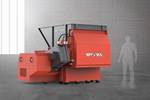





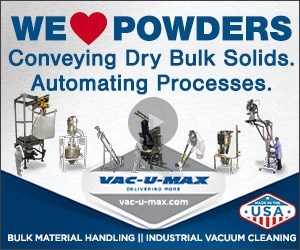

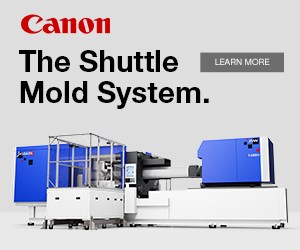

 (2).jpg;maxWidth=300;quality=90)




